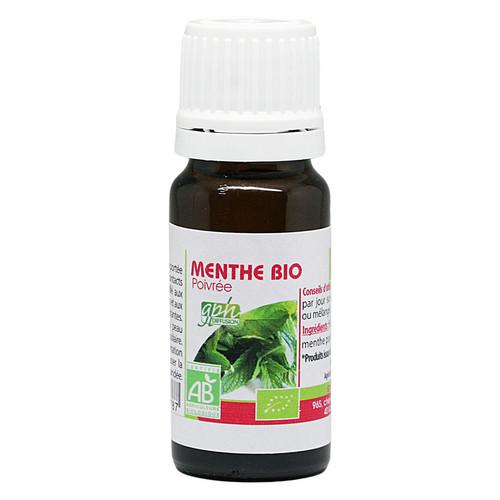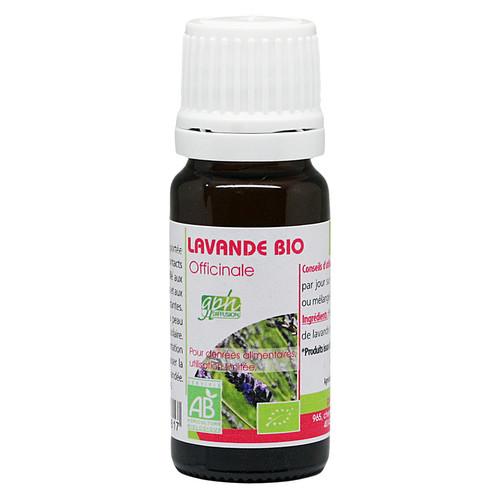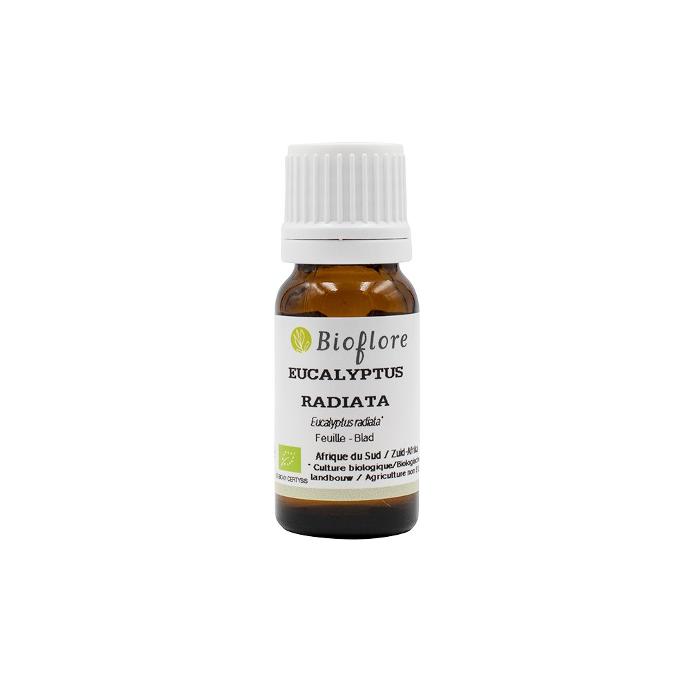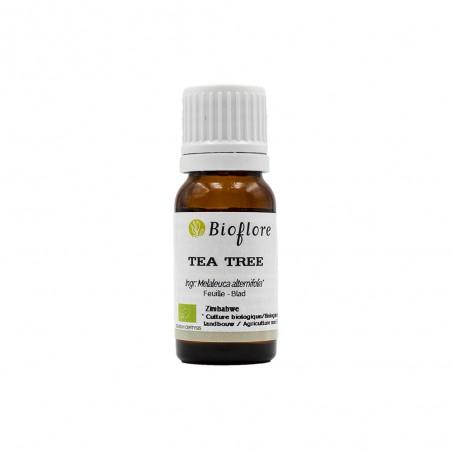Dear Santies
Sinusitis is an inflammation of the mucous membranes of the bony cavities behind and on either side of the nasal cavity. Sinus congestion is uncomfortable, to say the least. It can make breathing and sleeping difficult. It can also cause headaches, a constant runny nose and a troublesome cough.
Certain essential oils can clear nasal passages, relieving sinus pressure and other symptoms of congestion. Essential oils have been used for centuries as a natural means of maintaining good emotional and physical health. They can be an excellent alternative to synthetic drugs and pharmaceutical products.
Inhalation of essential oils for sinusitis
Among the various ways of administering essential oils, inhalation remains the most effective for relieving the symptoms of sinusitis.
Steam inhalation involves combining essential oils with hot water to create a therapeutic vapor. We recommend adding three to seven drops of essential oil to boiling water in a large saucepan or heat-resistant bowl. Use a towel to cover your head and breathe through your nose for no more than two minutes. Keep your eyes closed to avoid irritation.
Peppermint essential oil
Peppermint essential oil is popular for its ability to relieve sinusitis symptoms such as congestion and headaches. This oil has antibacterial, antifungal and anti-inflammatory properties that help effectively treat sinus infections. Menthol is the main compound in this oil. It has mild sedative properties that make it perfect for sinus symptoms.
A single drop of peppermint essential oil combined with a teaspoon of edible vegetable oil (orally) under the tongue or on the temples is more than enough.
Possible side effects of peppermint oil include allergic reactions and heartburn.
Application of peppermint oil to the skin may cause rashes and irritation. It is not recommended for pregnant or breast-feeding women or children under 12. It is also contraindicated for asthmatics and epileptics, and can be neurotoxic if taken in high doses. It is also imperative to avoid contact with the eyes.
Using fine lavender oil
La lavender has many more benefits than simply treating anxiety and stress. It's also a powerful remedy for sinusitis. Lavender oil's antiviral, antifungal and antiseptic properties help to naturally reduce sinusitis symptoms.
It's also a natural stimulant for your immune system and an excellent pain and anxiety reliever. You can smell it from the bottle or incorporate it into steam therapy. You can also store it in an essential oil diffuser for maximum benefits.
It may sound like a gentle treatment, but lavender essential oil is no less effective. It reduces tension in the mucous membranes and relieves nasal congestion.
One to four drops of this oil per diffusion or topically are enough to achieve the desired effect. Discover
Eucalyptus radiata for sinusitis
Oil fromeucalyptus contains a natural organic compound called eucalyptol. It has a minty aroma and a spicy yet fresh flavor.
This oil's antiviral, antifungal, antibacterial and anti-inflammatory properties can help you naturally relieve sinus symptoms. It can also reduce congestion and headaches, and clear blocked airways.
It also controls the production of mucus and phlegm. Mix it with a carrier oil and rub it on your chest for best results (5 drops of EO for 5 drops of vegetable oil). 5 drops of eucalyptus radiata essential oil are diluted in water and inhaled for a few minutes. Discover
Rosemary cineole oil
Rosemary isn't just an herb for cooking, it can also be used to boost the immune system and relieve pain caused by sinusitis. Rosemary cineole essential oil is antibacterial and antiseptic, making it an excellent choice for cleansing the lymphatic system and boosting antioxidant levels. The latter is necessary to fight bacterial infections in the sinuses and throughout the body.
Rosemary oil stimulates the respiratory system, calms coughs and soothes sore throats. One drop diluted in one drop of another oil and diffused every other day promotes the benefits of this oil. It is important to note, however, that great care must be taken with regard to interactions with other medications and contraindications. Rosemary cineole essential oil is contraindicated for children under 12, pregnant women, epilepsy, asthma and biliary tract obstruction. Consult your doctor before use.
Tea Tree essential oil
Tea tree essential oil has antibacterial and antiseptic properties. It helps eliminate germs that cause flu-like symptoms. Like peppermint oil, it should also be mixed with a carrier oil if you plan to use it topically. You can rub four drops on your chest, around your nose or behind your ears to achieve the desired effect.
It can also be taken orally, but should not be swallowed. Add two or three drops of this oil to warm water and gargle with it. Continue spitting out the mixture when you're finished. The risk of dermatitis linked to overdosing with this oil is fairly frequent. Discover
Essential oils: what you need to know
Essential oils are an excellent complement to holistic wellness routines. However, sinusitis may require medical intervention to completely clear an infection.
If you experience sinus-related symptoms, including fever, colored mucus, swelling of the nose and face or congestion that lasts longer than 10 days, or if symptoms disappear but persistently return, please consult a physician. Frequent infections may be due to an underlying medical problem.
For severe cases of sinusitis, doctors may prescribe antibiotics or over-the-counter medications. These must be taken as directed. As a general rule, it is safe and effective to continue using essential oils to treat the signs and symptoms of sinusitis. But it's always wise to consult your healthcare professional or pharmacist. Even after symptoms have disappeared, continue to use essential oils in your daily life to prevent future infections.
PS: The liver is one of the most important organs in your body. But don't neglect the other essential engines of your digestion, notably your intestine. Considered by scientists to be our second brain, our intestine influences both our physical and psychological health.







